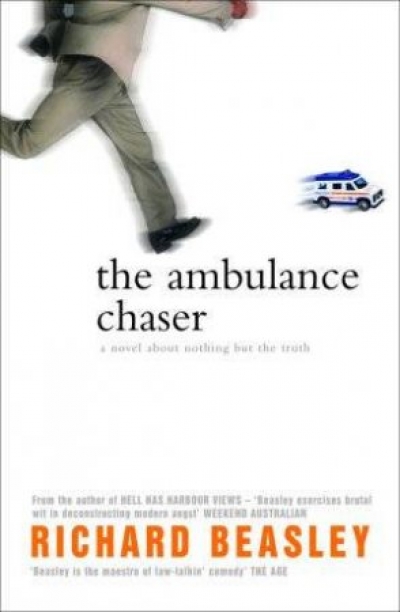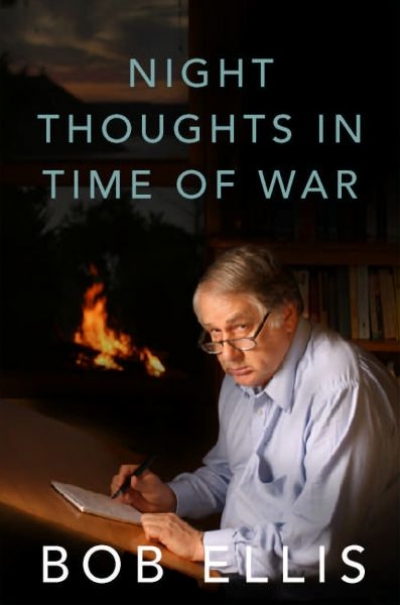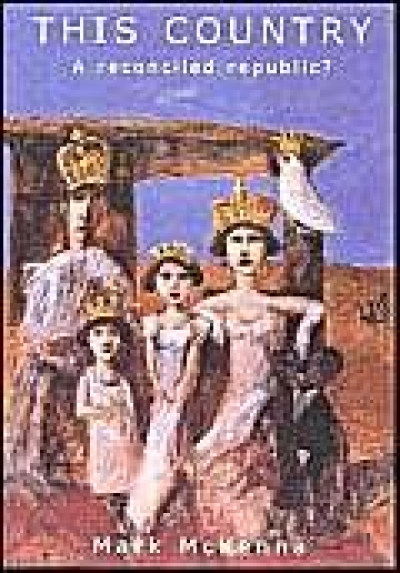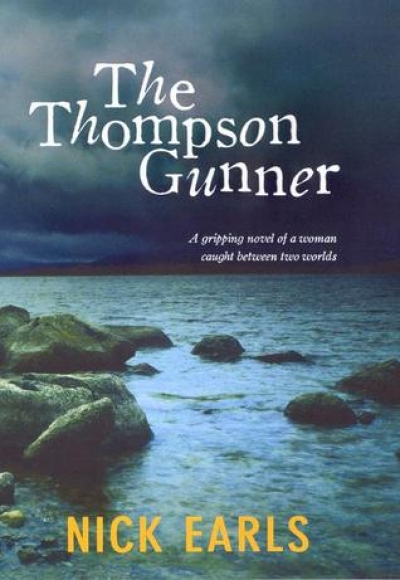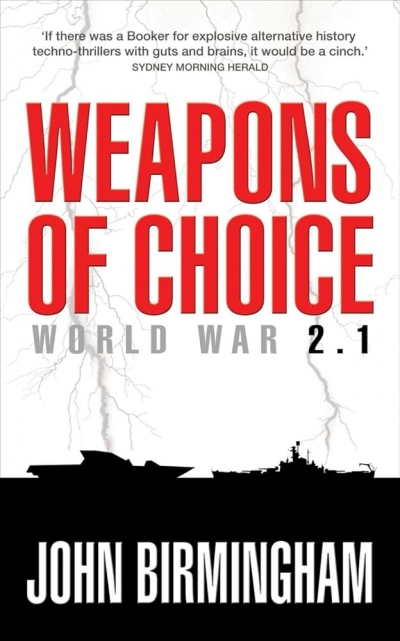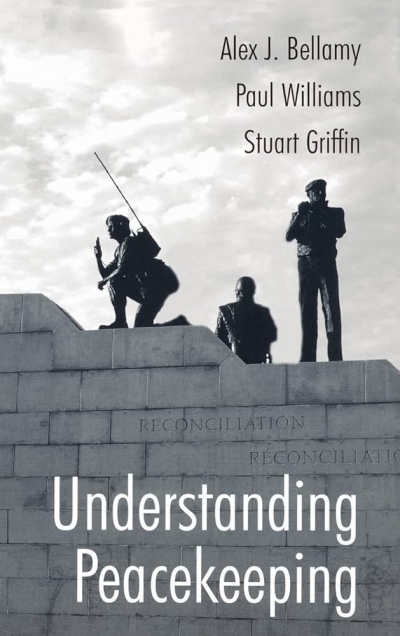Accessibility Tools
- Content scaling 100%
- Font size 100%
- Line height 100%
- Letter spacing 100%
Archive
The ABR Podcast
Released every Thursday, the ABR podcast features our finest reviews, poetry, fiction, interviews, and commentary.
Subscribe via iTunes, Stitcher, Google, or Spotify, or search for ‘The ABR Podcast’ on your favourite podcast app.
‘Where is Nancy?’ Paradoxes in the pursuit of freedom
by Marilyn Lake
This week on The ABR Podcast, Marilyn Lake reviews The Art of Power: My story as America’s first woman Speaker of the House by Nancy Pelosi. The Art of Power, explains Lake, tells how Pelosi, ‘a mother of five and a housewife from California’, became the first woman Speaker of the United States House of Representatives. Marilyn Lake is a Professorial Fellow at the University of Melbourne. Listen to Marilyn Lake’s ‘Where is Nancy?’ Paradoxes in the pursuit of freedom’, published in the November issue of ABR.
Recent episodes:
When I was at school, I was infected by the idea that writing was a genteel art. Set to read The Prince for its political insights, I was captivated by a single image: Machiavelli coming in from the fields of an evening, washing the sweat from his body, slipping on his silken robe, seating himself at his desk – and writing. That picture leapt straight from the page into what passes for my soul. I knew that was where I wanted to fetch up: at that desk, in my silken robe, writing. The glorious lucidity of Machiavelli’s prose also confirmed my suspicion that books were magical extrusions into the muddy mundane from a calm, blessed place where people could think important thoughts even talk about them, without being told to please, please shut up and feed the cat.
... (read more)

